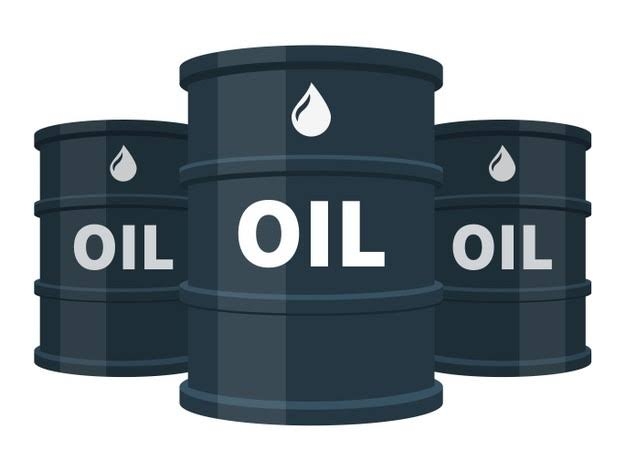Weak dollar, big U.S. crude exports buoy oil markets
 Brent crude futures settled up $2.17, or 2.3%, to $95.69 a barrel. U.S. West Texas Intermediate (WTI) crude rose $2.59, or 3%, to $87.91
Brent crude futures settled up $2.17, or 2.3%, to $95.69 a barrel. U.S. West Texas Intermediate (WTI) crude rose $2.59, or 3%, to $87.91
Oil prices surged nearly 3% on Wednesday, bolstered by record U.S. crude exports and as the nation's refiners operated at higher-than-usual levels for this time of year.
The dollar's weakness added support, as the greenback's strength of late has been a notable factor inhibiting oil market gains.
Brent crude futures settled up $2.17, or 2.3%, to $95.69 a barrel. U.S. West Texas Intermediate (WTI) crude rose $2.59, or 3%, to $87.91.
The U.S. dollar making oil cheaper for holders of other currencies. The U.S. greenback has been stronger than other key foreign currencies as the U.S. Federal Reserve has been more aggressive about raising rates.
"Across the board this is a dollar-denominated move, and if you try to read outside out of that, it’s foolish," said Eli Tesfaye, senior market strategist at RJO Futures.
U.S. crude stocks rose 2.6 million barrels last week, according to weekly government data, more than anticipated, but that was lower than industry figures, which showed a 4.5 million-barrel build.
Crude exports rose to 5.1 million barrels a day, the most ever, dropping net U.S. crude imports to their lowest in history.
"Overall, thanks to the export market, this turns into a bullish report despite a medium-sized build in commercial crude inventories," said John Kilduff, partner at Again Capital in New York.
Traders attributed the surge in exports to the widened WTI-Brent spread, which, coming into Wednesday's trade, was at more than $8 per barrel.
U.S. refining rates remained steady at nearly 89% of capacity, the highest for this time of year since 2018.
The Organization of the Petroleum Exporting Countries surprised markets with a larger-than-expected cut to its output targets earlier this month. Oil analysts anticipate supply will tighten in coming months after that move, and as Europe is expected next month to ban oil imports from Russia and restrict Russian shippers from the global shipping insurance industry.
That ban may tighten world shipping markets, which could also increase the price of oil. Many analysts believe Russia will be able to circumvent the measures, but it could still cause Moscow to shut between 1 million and 2 million barrels of daily production; it could as well hit the distillates markets.
"Until 2024 we believe oil price will be strongly influenced by the availability of tankers that are willing to transport Russian oil rather than global supply-demand fundamentals, keeping oil price elevated," JP Morgan analysts wrote.
Source: Reuters
Trending Business

Government, Afreximbank resolve issues over US$750m facility
10:17
Muntaka Entrepreneurship Hub trains over 100 women in Asawase
14:16
Ghana Gold Board rakes in over $10bn ahead of target
09:56
GEXIM faces GHS1.5bn credit exposure as NPLs near 30% — CEO
09:36
Six Degrees delivers immersive experiential production at Kweku Smoke’s revival concert
10:37
GIPC highlights govt’s commitment to retail sector transformation at GUTA conference
03:01
Lower-Volta Small-Scale Miners & Farmers to host international livestock market
00:43
Nigeria's commercial dispute involving Ghanaian firm raises bilateral trade concerns-UK Certified Customer Communication expert warns
21:31



